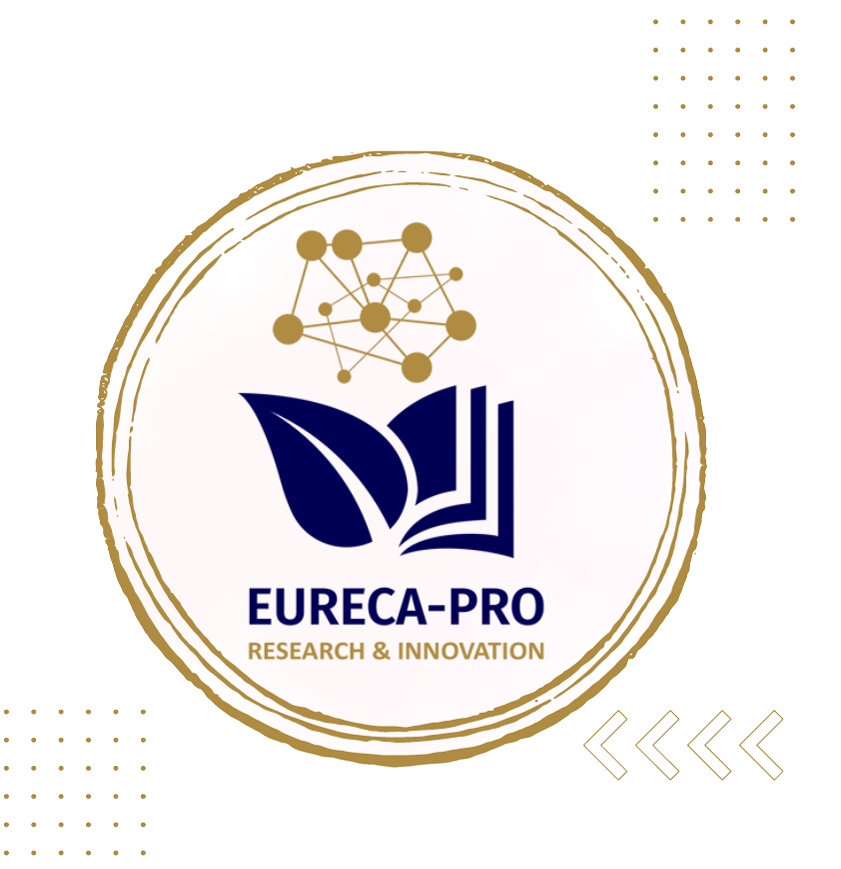Training tools for megatrend scientific framework and Methodology for the design and set-up of research projects
Action Area 1: New European Open Research Area
Deliverable 4.2 | WORK PACKAGE 4 – Science and Innovation Based Life-Long Learning
Technische Universität Bergakademie Freiberg
Type: Summary
Developing a common strategy for innovation in research and new scientific knowledge is of utmost importance for the sustainability of any university and especially for a European University. For EURECA-PRO, this implies that staff and students of partner universities need to develop and expand their scientific skills for innovative approaches in Sustainable Production and Sustainable Consumption.
Given relevant megatrends, existing patterns and habits of research in everyday university practice need to be re-invented. In the course of the establishment of a EURECA-PRO research inventory of SDG12 projects, 488 research projects covering 805 research topics were identified. Thus, the conducted reviews of Megatrends that were compiled by different institutions and their relation to research profiles of the Alliance EURECA-PRO focus mainly on the megatrends “Climate change, Resource Scarcity, Energy Transition”, “Technological Breakthrough” and “Rapid Urbanisation”, but whereby further megatrends are not excluded as a result of the overarching significance of the SDG12. Therefore, scientists need to be empowered to act according to the requirements of Responsible Consumption and Production and they need to be aware of the main megatrends. Suitable tools should be identified for each step of the research process. Although different approaches are presented in the following tools for research, the boundaries are sometimes fluid: Life Cycle Analysis/Assessment, Environmental Footprint, Energy Efficiency, “Design for” Recycling, Environment, etc., Stakeholder Analysis, ESG (Environment, Social, Governance), and Citizen Science. The decision on which of these tools – or strategies – can be useful for the researcher or research group in EURECA-PRO depends on the focus of the target group and the purpose of the approach.



